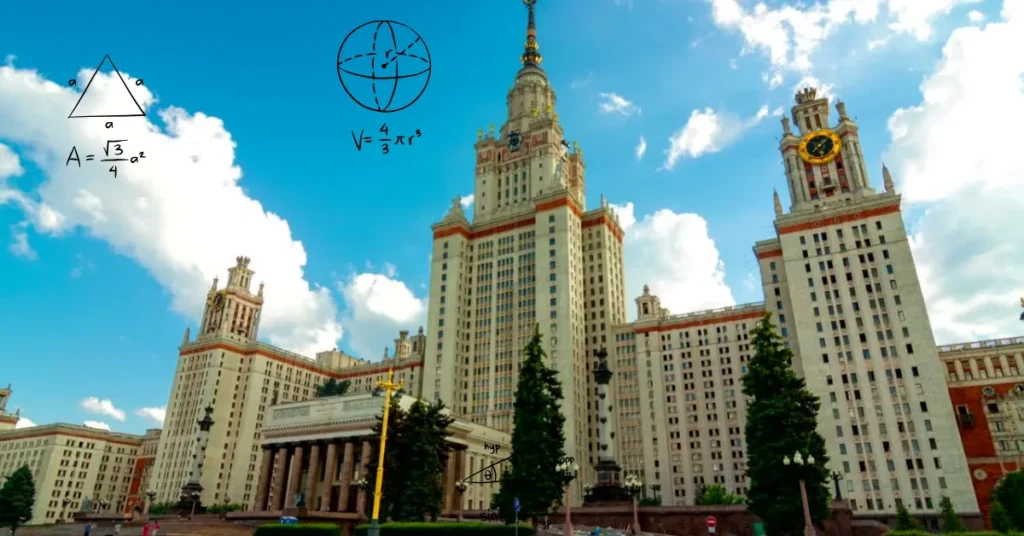Princeton University, often referred to simply as Princeton, is one of the most prestigious and historic institutions of higher education in the United States.
Renowned for its academic excellence, influential research, and beautiful campus,
Princeton has a rich history and continues to make significant contributions across various fields.
This blog post delves into the history of Princeton University, its current status as a leading institution of higher learning, and frequently asked questions about this esteemed university.
History of Princeton University
Founding and Early Years
Princeton University was founded in 1746 as the College of New Jersey, making it the fourth-oldest institution of higher education in the United States.
It was originally located in Elizabeth, New Jersey, before moving to Newark in 1747 and finally settling in Princeton in 1756.

The move to Princeton was accompanied by the construction of Nassau Hall, which became the heart of the university’s campus.
Growth and Development
During the 18th and 19th centuries, Princeton expanded its academic programs and facilities, establishing itself as a leading center for higher education.
The university’s early focus was on training ministers, but it gradually broadened its curriculum to include a wide range of academic disciplines.
The name was officially changed to Princeton University in 1896, reflecting its expanded educational scope.
20th Century Expansion
The 20th century was a period of significant growth for Princeton. The university expanded its campus, increased its faculty, and established numerous research institutes and centers.
This period also saw the introduction of the Graduate School, the School of Engineering and Applied Science, and the Woodrow Wilson School of Public and International Affairs (now known as the Princeton School of Public and International Affairs).
Recommended Reading
- Finance & Insurance HUB
- The Best Health Insurance in the USA: A Complete Guide
- Comprehensive Insurance for 4-Wheelers: A Complete Guide
- How to Purchase Insurance: A Comprehensive Guide
- How to Purchase Health Insurance and Where to Buy It
- Understanding the Health Insurance Marketplace: A Comprehensive Guide
- Loan Against Property: A Comprehensive Guide
Modern Era
Today, Princeton University comprises the Undergraduate College, the Graduate School, and numerous professional schools and research institutes.
The university offers a wide range of undergraduate, graduate, and doctoral programs across various fields, including the humanities, social sciences, natural sciences, and engineering.
Present Scenario
Academic Excellence
Princeton University consistently ranks among the top universities globally. It is renowned for its rigorous academic programs, distinguished faculty, and strong emphasis on undergraduate education.
Princeton offers a comprehensive education that combines theoretical knowledge with practical application, fostering critical thinking and creativity.
Research and Innovation
Research at Princeton spans a wide array of disciplines, from theoretical physics and neuroscience to public policy and the humanities.
The university is home to numerous research centers and institutes, including the Princeton Neuroscience Institute, the Princeton Environmental Institute, and the Andlinger Center for Energy and the Environment.
Princeton’s research output is substantial, with numerous groundbreaking discoveries and innovations emerging each year.
Campus and Facilities
Princeton’s campus, located in Princeton, New Jersey, is known for its stunning Gothic architecture and picturesque surroundings.
The campus features state-of-the-art laboratories, libraries, and recreational facilities. Notable landmarks include Nassau Hall, the Princeton University Chapel, and the Lewis Library, designed by architect Frank Gehry.
Entrepreneurship and Industry Collaboration
Princeton has a strong entrepreneurial culture, supported by initiatives such as the Princeton Entrepreneurship Council and the Keller Center for Innovation in Engineering Education.
These programs provide resources, mentorship, and funding opportunities for students and faculty interested in launching startups.
The university also maintains close ties with industry, facilitating technology transfer and collaboration.
Global Impact
Princeton’s influence extends beyond the United States, with numerous international collaborations and partnerships.
The university’s alumni network includes leaders in various fields, from government and business to academia and the arts, contributing to its global impact.
Frequently Asked Questions (FAQs)
What is Princeton known for?
The university is particularly famous for its programs in the humanities, social sciences, natural sciences, and engineering.
Princeton is also known for its stunning campus and historic architecture.
How hard is it to get into Princeton?
The acceptance rate typically hovers around 5-6%.
Applicants are evaluated based on their academic achievements, extracurricular activities, personal essays, and letters of recommendation.
A strong background in relevant fields is advantageous.
What is the student-to-faculty ratio at Princeton?
What are the key research areas at Princeton?
The university is also heavily involved in interdisciplinary research, addressing complex global challenges.
Does Princeton offer financial aid?
The university is committed to making education accessible to students from all backgrounds.
Financial aid packages are based on need, and Princeton meets the full demonstrated financial need of admitted students without requiring loans.
What is the campus life like at Princeton?
The campus is also home to numerous cultural and social events throughout the year, contributing to a dynamic and engaging student experience.
How does Princeton support entrepreneurship?
These programs provide resources, mentorship, and funding opportunities for students and faculty interested in launching startups.
What are some notable alumni of Princeton?
Notable alumni include Woodrow Wilson (28th President of the United States), Jeff Bezos (founder of Amazon), and Michelle Obama (former First Lady of the United States).
Conclusion
Princeton University stands as a beacon of academic excellence, research innovation, and vibrant campus life.
From its founding in the 18th century to its current status as a global leader in higher education,
Princeton has continually pushed the boundaries of knowledge and innovation. With a commitment to fostering intellectual growth, social impact, and global engagement,
Princeton University remains at the forefront of higher education.
Whether you’re a prospective student, a researcher, or an admirer of groundbreaking achievements, Princeton’s story is one of inspiration and aspiration.